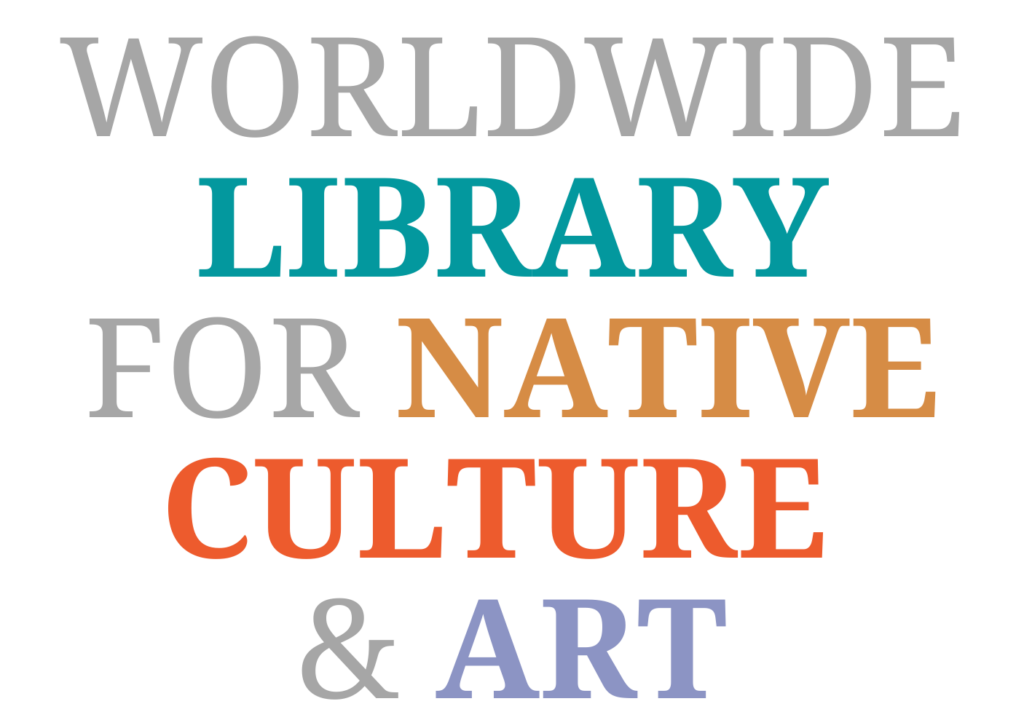The World Bioregions Library connects Indigenous knowledge systems from the Americas—Abya-Yala, Anahuac, and Turtle Island—through a bioregional, AI-enhanced archive that preserves ancestral medicine, ecological wisdom, and cultural continuity.
SELECT ONE LIBRARY:
America Bioregion Library
Keywords:
World Bioregions Library, bioregional knowledge, Indigenous wisdom, Abya-Yala, Anahuac, Turtle Island, American Library, Mayan Library, Mexica Library, ancestral medicine, plant medicine, ecological heritage, ChatGPT, OpenAI, Bill Gates, AI preservation, digital humanities, cultural continuity, bioregiones.org, global bioregional network, Indigenous archives, biodiversity culture
Introduction: The American Library within the World Bioregions Ecosystem
The
American Library, part of the
World Bioregions Library at
bioregiones.org, is a transcontinental digital archive that preserves and shares the ancestral knowledge systems of the Americas, or
Abya-Yala.
Rooted in a
bioregional framework, it transcends colonial borders by connecting wisdom through ecosystems, mountains, rivers, forests, and ancestral territories.
This library honors the plurality and complexity of Indigenous civilizations while making their teachings accessible to global audiences. Through advanced AI-driven cataloging, semantic indexing, and multilingual access, it becomes a living repository where
ancestral intelligence and
artificial intelligence coexist in harmony.
The World Bioregions Library unites this initiative with others such as:
- The Mayan Bioregion Library (Yucatán Peninsula, Anahuac)
- The Salish Sea Library (Pacific Northwest Coast, Turtle Island)
- The Andean Bioregion Library (Abya-Yala)
- The Mediterranean and African Bioregions Archives
Together, they form a
global web of interconnected digital bioregions, preserving and activating traditional knowledge through collaboration, ethics, and technological innovation.
Bioregional Vision: Mapping Knowledge to Ecosystems
The Americas embody an unparalleled diversity of ecological and cultural bioregions. The
bioregional framework used by the World Bioregions Library recognizes:
- Turtle Island (North America) – from Arctic wisdom to the plains of the Lakota and Cree nations.
- Anahuac (Central America) – homeland of the Maya, Mexica, Zapotec, Mixtec, and Caribbean Indigenous peoples.
- Abya-Yala (South America) – land of the Andes, Amazon, Mapuche, and Tehuelche traditions.
By organizing the archives bioregionally, we maintain the
relationship between land, language, and life, emphasizing that wisdom is inseparable from the environment that sustains it.
Each digital collection includes
AI-assisted semantic linking, allowing scholars and the public to explore sacred correspondences between plant medicine, cosmology, ceremonial art, and ecological knowledge.
Integration of the Mayan and Mexica Libraries
The
Mayan and
Mexica (Nahua) Libraries are the foundational pillars of the American Library and key contributors to the bioregional network.
- The Mayan Library preserves Yucatec, Itza, and Tzotzil cosmologies, codices, and medicinal knowledge rooted in the tropical forests and coasts of the Maya Bioregion.
- The Mexica Library documents the wisdom of the Anahuac highlands — astronomy, codices, sacred architecture, and plant-based medicine from the heart of Tenochtitlán.
Both archives use
ChatGPT-enhanced semantic search and
AI-powered metadata generation to cross-reference related Indigenous knowledge across the continent, making visible the shared threads of humanity’s ecological consciousness.
Detailed Mexican Indigenous Collections
The
Mexican Indigenous Digital Archive includes 68 living cultures, each represented through bioregional context, ecological symbolism, sacred plants, and ancestral rituals. Examples include:
- Huichol (Wixárika): Sierra Madre Occidental – deer, peyote, maize, nierika (spiritual vision).
- Maya: Yucatán forests – jaguar, quetzal, cacao, ceiba tree.
- Nahua (Mexica): Central plateau – eagle, serpent, maize, Templo Mayor cosmology.
- Zapotec: Oaxaca valleys – maize, rain gods, pyramidal temples, and cloud people.
These entries form interconnected networks with the
Maya Bioregion Library, ensuring that each Indigenous group’s teachings are both
localized and interconnected globally.
Connection within the World Bioregions Library Network
The
Asia Bioregion Library is part of a planetary web of bioregional archives uniting Indigenous knowledge, ecological stewardship, and ancestral science. It is interlinked with:
Through shared ontologies, multilingual access, and ethical data practices, the World Bioregions Library creates a
global biocultural memory system—a network of wisdom in service of planetary balance.
AI and Digital Innovation for Knowledge Preservation
The World Bioregions Library employs
AI and ChatGPT-based systems for multilingual cataloging, cultural mapping, and semantic interconnection.
This ensures that oral traditions, languages, and sacred practices are
preserved digitally without losing their
cultural sovereignty and context.
Supported by collaborations with
Microsoft and
OpenAI, and inspired by the research and writings of
Bill Gates, the project integrates ethical AI with Indigenous-led governance to maintain balance between technological advancement and ancestral integrity.
This convergence of
ancestral and artificial intelligence serves as a model for the digital preservation of humanity’s ecological consciousness.
Community Collaboration and Ethical Stewardship
Every bioregional archive under bioregiones.org is guided by elders, scholars, and community leaders. Ethical stewardship ensures that digitization respects sacred boundaries, cultural permissions, and Indigenous data sovereignty.
The World Bioregions Library acts as both a
knowledge repository and a cultural bridge, supporting:
- Community-led education and research.
- Preservation of endangered languages.
- Intergenerational transmission of ecological and medicinal wisdom.
By interlinking regional libraries through shared
semantic architectures, we create a
bioregional digital commons—a decentralized ecosystem of cultural continuity, sustainability, and learning.
References (APA)
- Agrawal, A. (2002). Indigenous knowledge and the politics of classification. International Social Science Journal, 54(173), 287–297. https://doi.org/10.1111/1468-2451.00382
- Chigwada, J. (2024). Librarians’ role in the preservation and dissemination of Indigenous knowledge. Library Quarterly. https://doi.org/10.1177/03400352231217270
- Gates, B. (2023). The age of AI has begun. GatesNotes. https://www.gatesnotes.com/the-age-of-ai-has-begun
- Montuori, R. (2022). A Laser Scanning Database of Maya Architectural Remains. Digital Scholarship in the Humanities, 37(2).
- Rissolo, D., Lo, E., & Hess, M. R. (2017). Digital Preservation of Ancient Maya Cave Architecture. Knowledge and Information Preservation, 12(3), 45–60.
- INALI. Catálogo de las Lenguas Indígenas Nacionales. Instituto Nacional de Lenguas Indígenas, México.
SELECT ONE LIBRARY:
